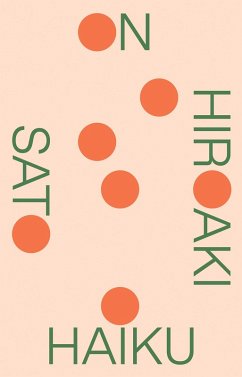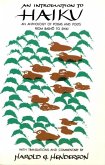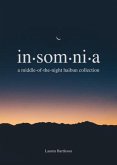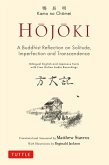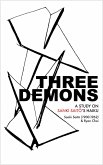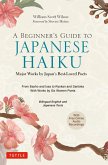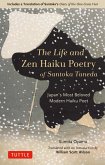Everything you want to know about haiku written by one of the foremost experts in the field and the finest translator of contemporary Japanese poetry into American English (Gary Snyder)
Who doesn't love haiku? It is not only America's most popular cultural import from Japan but also our most popular poetic form: instantly recognizable, more mobile than a sonnet, loved for its simplicity and compression, as well as its ease of composition. Haiku is an ancient literary form seemingly made for the TwittersphereJack Kerouac and Langston Hughes wrote them, Ezra Pound and the Imagists were inspired by them, Hallmark's made millions off them, first-grade students across the country still learn to write them. But what really is a haiku? Where does the form originate? Who were the original Japanese poets who wrote them? And how has their work been translated into English over the years? The haiku form comes down to us today as a cliché: a three-line poem of 5-7-5 syllables. And yet its story is actually much more colorful and multifaceted. And of course to write a good one can be as difficult as writing a Homeric epicor it can materialize in an instant of epic inspiration.
In On Haiku, Hiroaki Sato explores the many styles and genres of haiku on both sides of the Pacific, from the classical haiku of Basho, Issa, and Zen monks, to modern haiku about swimsuits and atomic bombs, to the haiku of famous American writers such as J. D. Salinger and Allen Ginsburg. As if conversing over beers in your favorite pub, Sato explains everything you wanted to know about the haiku in this endearing and pleasurable book, destined to be a classic in the field.
Who doesn't love haiku? It is not only America's most popular cultural import from Japan but also our most popular poetic form: instantly recognizable, more mobile than a sonnet, loved for its simplicity and compression, as well as its ease of composition. Haiku is an ancient literary form seemingly made for the TwittersphereJack Kerouac and Langston Hughes wrote them, Ezra Pound and the Imagists were inspired by them, Hallmark's made millions off them, first-grade students across the country still learn to write them. But what really is a haiku? Where does the form originate? Who were the original Japanese poets who wrote them? And how has their work been translated into English over the years? The haiku form comes down to us today as a cliché: a three-line poem of 5-7-5 syllables. And yet its story is actually much more colorful and multifaceted. And of course to write a good one can be as difficult as writing a Homeric epicor it can materialize in an instant of epic inspiration.
In On Haiku, Hiroaki Sato explores the many styles and genres of haiku on both sides of the Pacific, from the classical haiku of Basho, Issa, and Zen monks, to modern haiku about swimsuits and atomic bombs, to the haiku of famous American writers such as J. D. Salinger and Allen Ginsburg. As if conversing over beers in your favorite pub, Sato explains everything you wanted to know about the haiku in this endearing and pleasurable book, destined to be a classic in the field.
Dieser Download kann aus rechtlichen Gründen nur mit Rechnungsadresse in A, D ausgeliefert werden.

